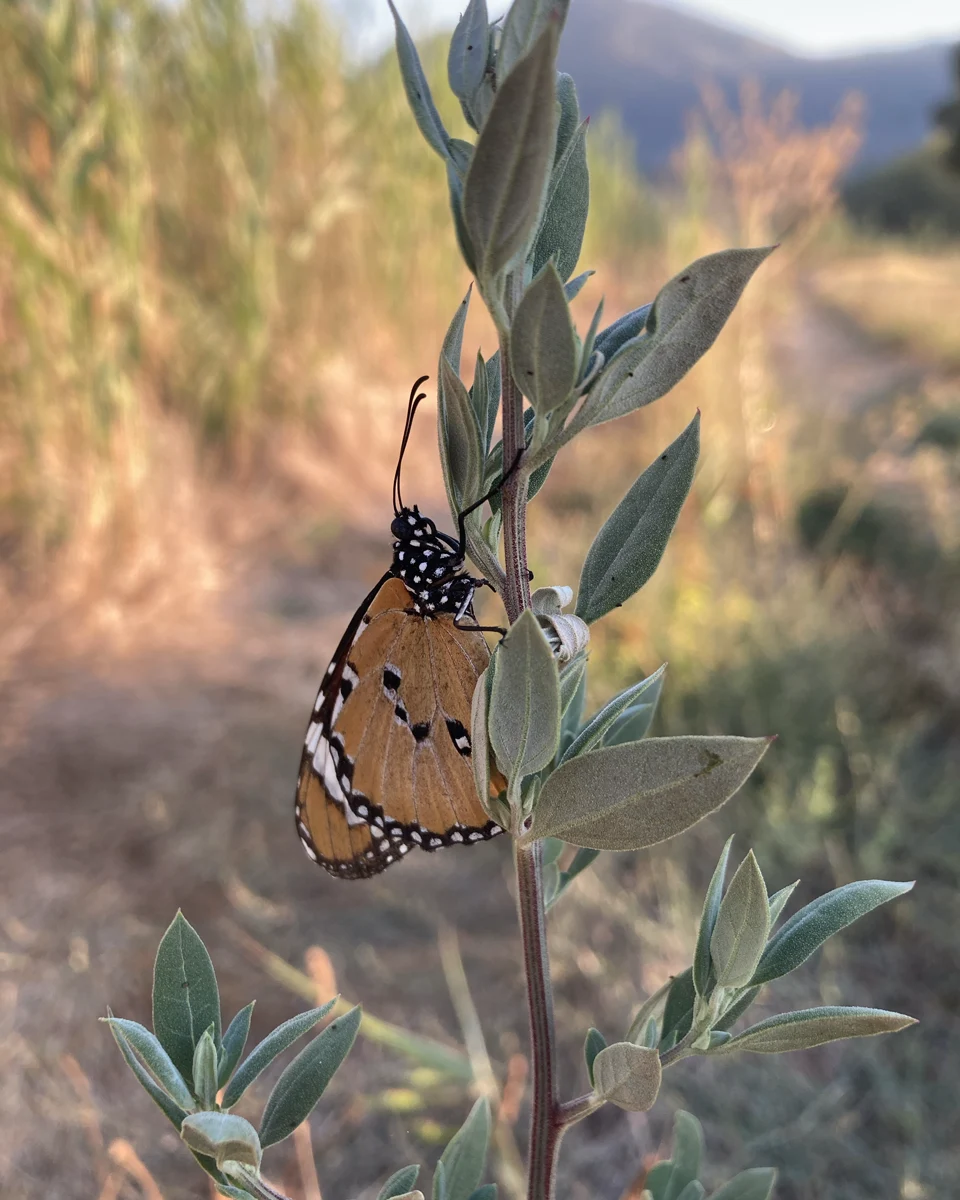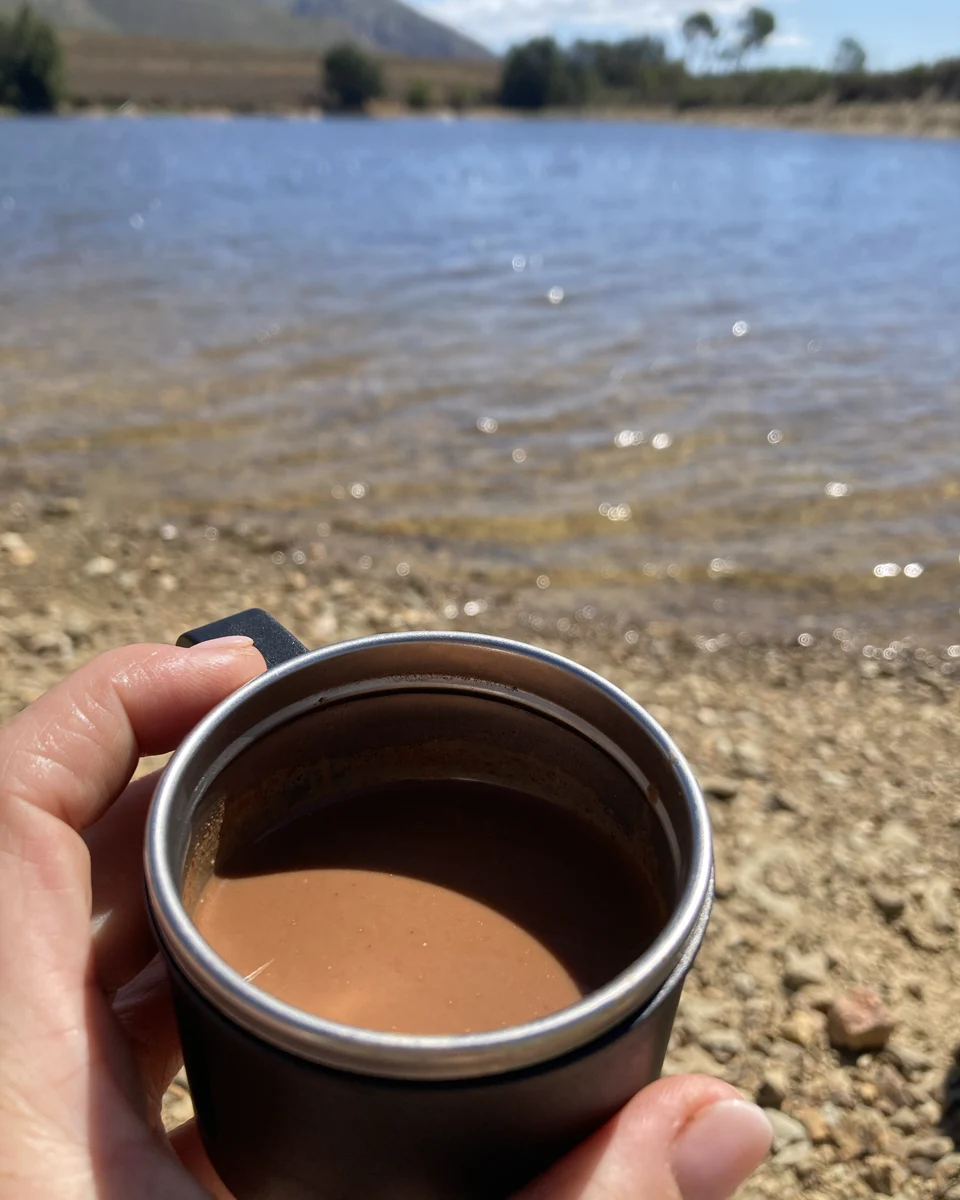Microdosing
This page is for educational purposes only. This information is intended to support those seeking to understand the practice of microdosing for personal growth and integration.
A Sacred Practice of Subtle Transformation
What Is Microdosing?
Microdosing refers to the intentional use of very small, non-intoxicating amounts of plant medicines or natural substances. These sub-perceptual doses are not designed to induce altered states of consciousness. Rather, they work gently in the background—helping to promote emotional stability, mental clarity, and spiritual awareness through consistent, mindful practice.
For some individuals, microdosing can support:
-
Emotional regulation and resilience
-
Enhanced creativity and focus
-
Relief from symptoms of anxiety or low mood
-
Greater connection to intuition and inner guidance
-
Gentle post-ceremony integration and nervous system support
Microdosing as an Integration Tool
For those who have participated in plant medicine ceremonies, microdosing may offer a gentle way to stay connected to the teachings received. In the days and weeks that follow a powerful experience, subtle doses—when used responsibly and with intention—can help maintain emotional grounding and spiritual awareness as you re-enter daily life.
Rather than reliving the peak experiences of ceremony, microdosing invites quiet presence:
- A reminder to breathe
- A soft return to the body
- A way to re-anchor insights into everyday choices and actions
It is not a replacement for integration work, but rather a potential companion on the journey.
Microdosing Beyond Ceremony
Many people explore microdosing even if they haven’t participated in ceremonies. When approached with care and respect, microdosing can be part of a broader wellness practice—supporting creativity, emotional attunement, or spiritual development in a grounded way.
There are no universal protocols. Each person’s relationship with these medicines is unique. Some choose to follow known schedules like the Fadiman Protocol (1 day on, 2 days off), while others develop intuitive rhythms over time.
Plants, Powders & Potent Earth Allies
This list is for educational reference only and does not constitute a recommendation or source of supply:
Psychoactive Options (where legal and appropriate):
- Psilocybin mushrooms – Often used to support creativity, emotional clarity, and spiritual exploration
- San Pedro (Huachuma) – A heart-centered cactus known for expanding compassion and insight
- Cannabis (very low dose) – May aid relaxation, self-reflection, and emotional processing
Gentle, Non-Psychoactive Allies:
- Cacao – Often used to open the heart, increase joy, and promote gentle connection
- Rapéh (Hapé) – A sacred tobacco-based snuff traditionally used to clear energy and sharpen focus
- Sceletium (Kanna) – A South African plant that may help lift mood and reduce anxiety
- Shilajit – A mineral-rich resin used to support energy, detoxification, and cellular health
- Dragon’s Blood – Known for its restorative properties and energetic protection
- Pearl Powder – Traditionally used for beauty, inner radiance, and hormonal balance
Creating a Mindful Microdosing Practice
If you’re exploring microdosing, consider the following reflective steps to support a conscious relationship with the practice:
Set Clear Intentions
What is your purpose? Emotional support? Creative focus? Integration after ceremony?
Start Small & Observe
Begin with minimal doses and note subtle changes in mood, thought patterns, or energy.
Journal & Reflect
Track your experiences, dreams, emotions, and emerging insights.
Create a Supportive Environment
Incorporate grounding practices like meditation, time in nature, or creative expression.
Know When to Pause
Microdosing is not about daily dependency. Listen to your body and take breaks when needed.
Legal & Safety Considerations
Please note: many psychoactive substances mentioned (e.g., psilocybin, San Pedro) may be restricted or illegal depending on your location. Always research your local laws before engaging with any substance, and seek guidance from trained professionals where available. Microdosing is not recommended for individuals with a history of psychosis, bipolar disorder, or without proper emotional support.
Closing Words
Microdosing, when approached with humility and respect, is not about chasing peak experiences. It is about learning to listen more deeply—to your body, your intuition, and the rhythms of life.
At Sacred Plant Integrations, we offer support and integration guidance for individuals navigating this path. While we do not provide substances or recommend specific products, we’re here to help you reflect, process, and walk your journey with greater clarity and intention.
If you’re seeking personalized integration support in your microdosing journey, feel free to reach out.



Let’s Connect
If you’re exploring microdosing and seeking guidance on safe, mindful practices or integration support, I'm here to help.
FAQ
What is microdosing and how does it work?
Microdosing is the practice of taking very small, sub-perceptual doses of a plant medicine or psychedelic substance to enhance mental clarity, emotional balance, and overall well-being without experiencing a full psychedelic trip. The small dose interacts with neurotransmitters and brain receptors, promoting cognitive function, mood stabilization, and neuroplasticity, while allowing individuals to function normally in daily life.
What are the benefits of microdosing for mental health and focus?
Many people turn to microdosing for its potential to improve mental health, creativity, and productivity. Reported benefits include:
- Increased focus, motivation, and problem-solving abilities
- Enhanced mood, reduced anxiety, and emotional resilience
- Heightened creativity and deeper self-awareness
- Better stress management and improved emotional stability
- Greater connection to nature, intuition, and mindfulness
While research is still developing, many individuals find microdosing to be a gentle yet powerful tool for personal growth and well-being.
How do I choose the best microdosing protocol for me?
There are several microdosing protocols, and choosing the right one depends on your goals, lifestyle, and sensitivity to the plant medicine. The most common protocols include:
- Fadiman Protocol (1 day on, 2 days off) – Balances effectiveness with sensitivity, allowing time to integrate effects.
- Stamets Stack (4 days on, 3 days off) – Includes plant synergists like Lion’s Mane and niacin to support neurogenesis.
- Every Other Day Protocol (1 day on, 1 day off) – Maintains steady support for focus and mood.
- Intuitive Microdosing – Following personal guidance and inner awareness for dosage timing.
For best results, it’s recommended to personalize your microdosing schedule based on your body’s responses and unique needs.
Is microdosing safe? Are there any side effects?
Microdosing is generally considered safe when done responsibly and with proper guidance. However, effects can vary based on individual sensitivity, dosage, and underlying health conditions.
- Common positive effects: Enhanced mood, focus, creativity, and emotional regulation.
- Potential side effects: Temporary headaches, mild nausea, overstimulation, or difficulty sleeping if dosed too late in the day.
- Who should be cautious? Those with mental health conditions, on SSRIs, or with heart-related concerns should consult a healthcare provider before microdosing.
Respecting proper dosing, mindful integration, and listening to your body is key to a safe and beneficial microdosing experience.
Can I microdose while taking antidepressants or SSRIs?
This is a common concern and an important one. Some plant medicines, particularly psychedelics like psilocybin and San Pedro, affect serotonin levels, which can interact with SSRIs or other psychiatric medications.
- Microdosing with SSRIs: Certain substances may not mix well with antidepressants, leading to potential risks such as serotonin syndrome or reduced effectiveness of the plant medicine.
- Safe alternatives: Some non-psychedelic plant medicines like Sceletium (Kanna) may be better suited for those on SSRIs, but medical guidance is essential.
- Always consult a professional before microdosing if you are taking prescription medications.
How long should I microdose before noticing results?
Microdosing is not a quick fix—it works best when combined with intention, integration, and mindful self-awareness. Most people report feeling subtle shifts within the first few doses, with deeper benefits emerging over weeks or months of consistent practice.
- Immediate effects (0–7 days): Increased awareness, enhanced focus, and subtle mood shifts.
- Short-term (2–4 weeks): Greater emotional balance, improved resilience, and creative insights.
- Long-term (2+ months): Deepened self-awareness, enhanced cognitive function, and sustainable emotional healing.
For best results, tracking your experience through journaling and adjusting your protocol as needed will maximize the benefits of microdosing.
Disclaimer: Sacred Plant Integrations is for educational purposes only and supports individuals integrating past plant medicine experiences. Content is for adults 18+. Read full disclaimer ›
